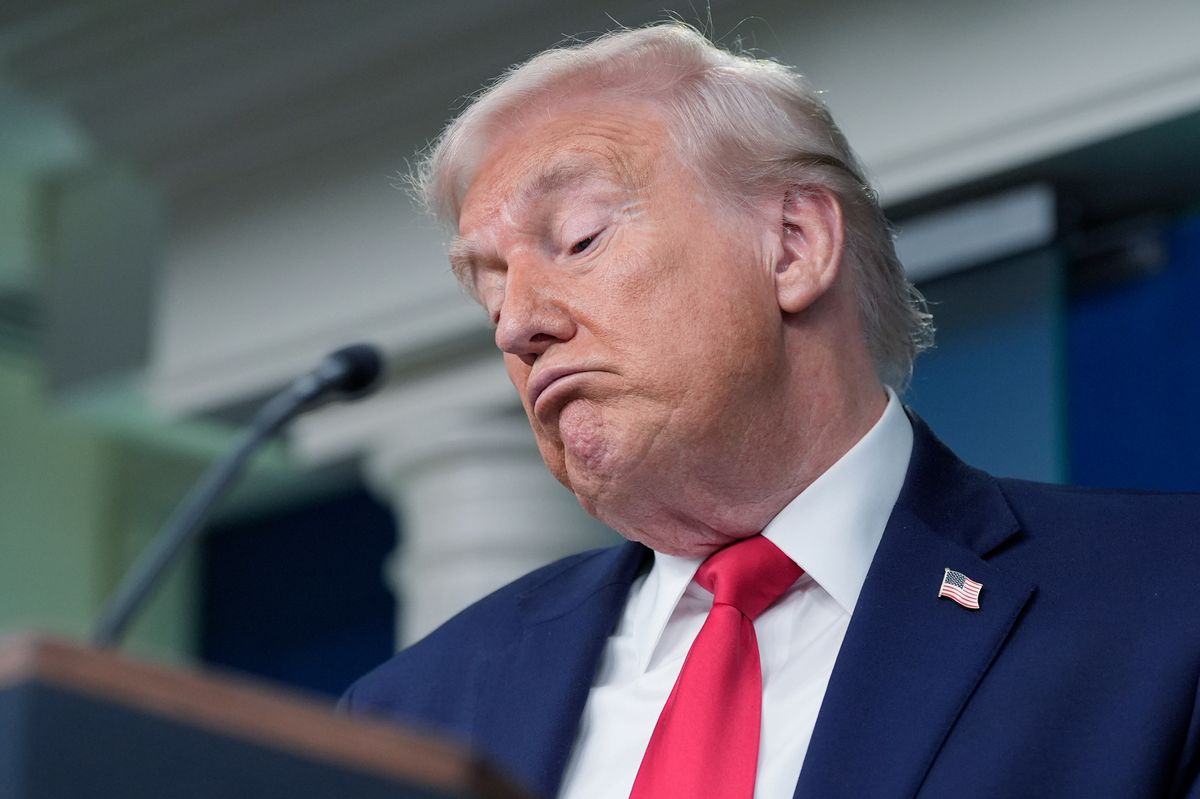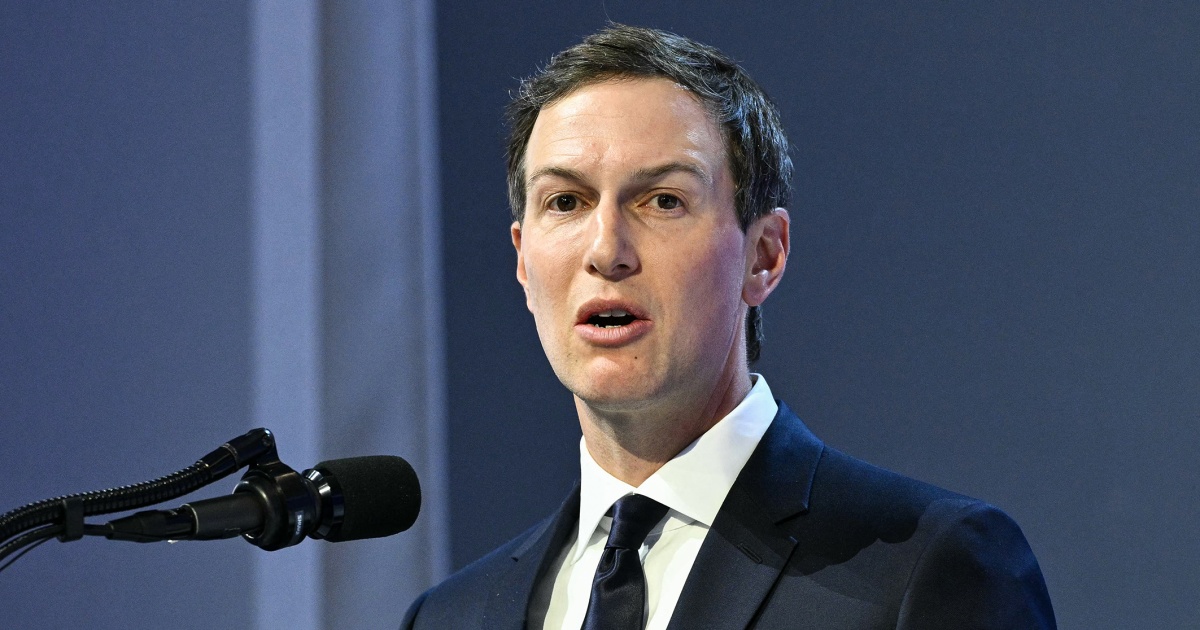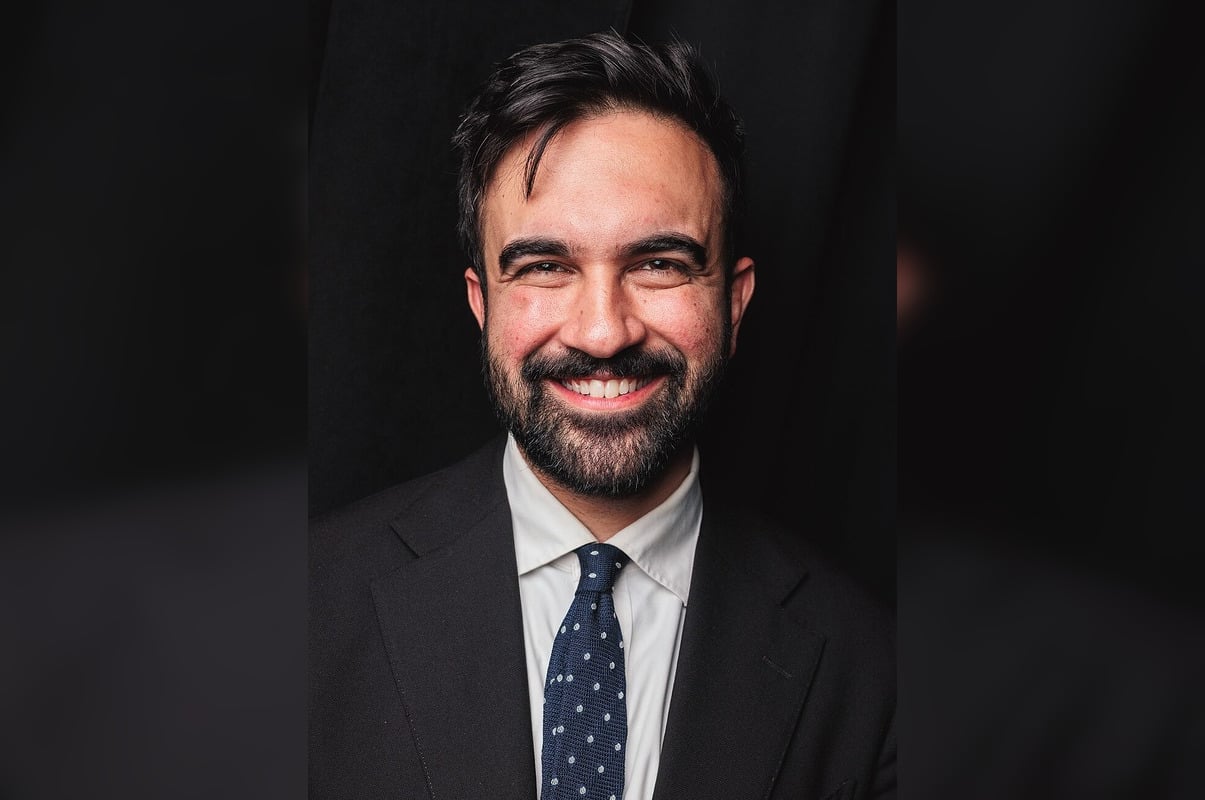
In a series of leaked messages from a WhatsApp group of Liberal Party members in New South Wales, calls for gender quotas have been labeled as “embarrassing” and “disgraceful.” This internal discord surfaces as the push for stronger female representation within the party gains momentum.
The controversy erupted following a meeting of the NSW Liberal Women’s Council on Wednesday night, where a majority of attendees reportedly supported the introduction of gender quotas and broader cultural change. This meeting comes in the wake of the federal election loss in May, which has intensified discussions on the issue.
Growing Support for Quotas
The WhatsApp chat reportedly became heated after discussions about quotas, which were also the subject of a public petition. The petition, endorsed by prominent figures such as Hilma’s Network founder Charlotte Mortlock and former NSW Liberal MP Rob Stokes, has garnered 500 verified signatures as of Friday. It calls for the immediate establishment of quotas within the Liberal Party, citing ongoing frustrations among women members and voters.
One of the more vocal critics in the chat, former Young Liberals president Alex Dore, drew a controversial comparison. He likened the push for gender quotas to the hypothetical scenario of the Liberal Party appointing former construction union leader John Setka to a leadership position. “Gender quotas are as antithetical to most Liberals as putting Labor trade unionists like John Setka on the party’s board of directors,” he wrote.
Internal Reactions and Political Implications
The WhatsApp group, comprising about 50 members including former Liberal vice-president Teena McQueen, predominantly represents the right wing of the party. While Guardian Australia has not seen the messages firsthand, multiple group members have verified their contents.
One Liberal source, not part of the chat, described the group as “small and cranky,” suggesting that the leak may have been intended to undermine the ongoing conversation about quotas and cultural reform. Meanwhile, Fiona Scott, the current federal Liberal vice-president and former MP, expressed her disappointment not with the quota debate but with the party’s loss of seats over the past decade.
“What is disgraceful, there are more women sitting on the crossbench in former Liberal seats than sitting on our side of the bench in the House of Representatives,” she said.
Potential Shifts in Party Policy
Party insiders have indicated that there might be a shift in sentiment towards adopting a quota system, provided a suitable model can be agreed upon. Implementing such a change would require 60% support in a vote by the NSW state council. However, no specific models or motions were presented at the recent Women’s Council meeting, and members acknowledge that it will take time to develop and accept an appropriate plan.
Despite the growing support, some party members remain staunchly opposed to quotas. Frontbencher Angus Taylor has publicly stated his preference for “sensible policies in line with Liberal values” to increase female representation in parliament. Similarly, new Liberal senator Jess Collins, who is aligned with Taylor, has also voiced her opposition to quotas.
Historical Context and Future Prospects
The debate over gender quotas is not new to the Liberal Party, which has historically resisted such measures in favor of merit-based selection processes. However, the recent electoral setbacks and increasing public pressure may force the party to reconsider its stance.
As the Liberal Party grapples with these internal divisions, the outcome of this debate could significantly impact its future electoral prospects and its ability to attract female candidates and voters. The party’s leadership will need to navigate these complex dynamics carefully to maintain unity and address the concerns of its members.
Moving forward, the Liberal Party faces the challenge of balancing traditional values with the need for modernization and inclusivity. Whether or not gender quotas will be part of this evolution remains to be seen, but the conversation is far from over.







